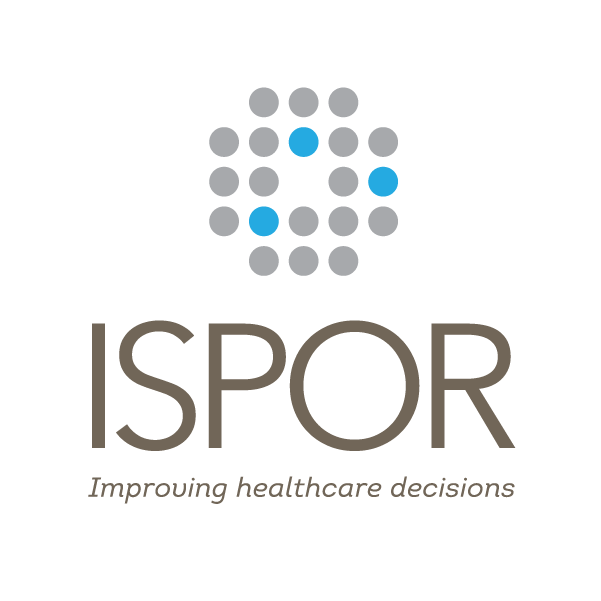Newswise — Singapore—September 4, 2016—The International Society for Pharmacoeconomics and Outcomes Research (ISPOR) first plenary session for the Society’s 7th Asia-Pacific Conference—Health Technology Assessment and Health Policy: Recent Developments Across Asia—was held this afternoon in Singapore.
The plenary was moderated by Syed Aljunid, MD, PhD, Professor, Health Economics and Public Health Medicine and Head, International Centre for Casemix and Clinical Coding, Faculty of Medicine, National University of Malaysia, Kuala Lumpur, Malaysia. Speakers included: - Visanu Thamlikitkul, MD, Professor, Department of Medicine & Head, Division of Infectious Diseases and Tropical Medicine, Faculty of Medicine Siriraj Hospital and Former Chair, Subcommittee of National List Essential Medicines, Mahidol University, Bangkok, Thailand - Takashi Fukuda, PhD, Director, Department of Health and Welfare Services, National Institute of Public Health, Saitama, Japan - Tae-jin Lee, MPH, PhD, Professor, Health Economics, School of Public Health, Seoul National University and President, Korea Association of Health Economics and Policy, Seoul, South Korea - Kwong Hoe Ng, Head, Evaluation and Appraisal, Agency for Care Effectiveness, Ministry of Health, Singapore, Singapore.
Plenary speakers reviewed the current status of health technology assessment (HTA) in Asia-Pacific and examined how HTA will increasingly play an essential role to inform evidence-based health care decisions and ensure the efficient use of resources. The session provided a number of insights into the current status of HTA and related health policy in Asia. Speakers shared their perspectives and experiences, lessons learned, and future trends.
Visanu Thamlikitkul, MD described how HTA is being used in Thailand to select medications for reimbursement for the National List of Essential Medicines. For Japan, Takashi Fukuda, PhD noted that a new HTA system was just implemented in April 2016, beginning with a pilot program evaluating seven drugs and six medical devices. By contrast, Tae-jin Lee, MPH, PhD described how South Korea mandated the use of pharmacoeconomic evidence to support positive list decisions for drugs in 2008. More recently in South Korea, risk-sharing agreements for selected new drugs began in 2013, with 12 such agreements in place to date. An important recent development in Singapore, presented by Kwong Hoe Ng, was the establishment of Agency for Care Effectiveness that expands the country’s capacity to evaluate the clinical and cost effectiveness of health technologies, with a particular focus on high cost technologies. As John CW Lim, Deputy Director of Medical Services at the Ministry of Health in Singapore and keynote speaker for the conference indicated, “There is no better time than now for the development of expertise and knowledge in health economics and outcomes research in Asia-Pacific.”
Additional information on the ISPOR 7th Asia-Pacific Conference can be found here. Interested parties can follow news and developments from the conference on social media using the hashtag #ISPORsingapore.
###
ABOUT ISPORThe International Society for Pharmacoeconomics and Outcomes Research (ISPOR) is a nonprofit, international, educational and scientific organization that promotes health economics and outcomes research excellence to improve decision making for health globally. Web: http://www.ISPOR.org | LinkedIn: http://www.bit.ly/ISPOR-LIn | Twitter: http://www.bit.ly/ISPOR-T (@ISPORorg) | YouTube: http://www.bit.ly/ISPOR-YT |Facebook: http://www.bit.ly/ISPOR-FB
